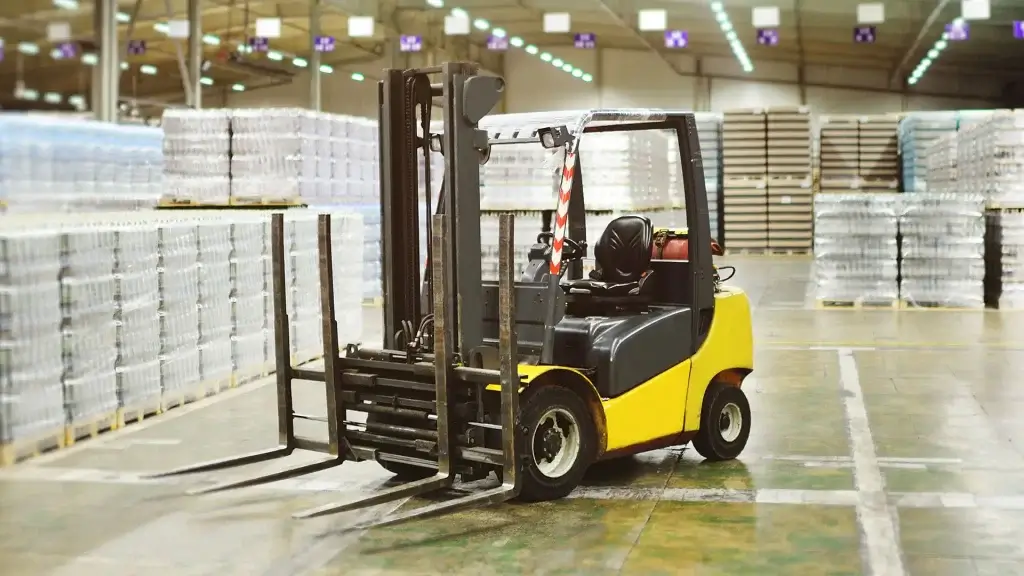
Program Duration: 1 day
Forklifts are, by common admission, the most commonly used lifting machines and also valuable tools that find application and use in a large number of productive activities, such as in industry, in all kinds of construction, in port facilities, in transportation, etc.
Forklift accidents are very common and for this reason it is necessary for operators and assistants to participate frequently in training programs that report good practices and instructions for the safe handling of forklifts.
The more hours of training, the fewer and more serious the related work accidents from the use of forklifts.
The main objective of the program is to familiarize participants with issues related to the risks that exist when using forklifts.
This training contributes to the reduction (qualitative and quantitative) of occupational accidents that occur in industry, as it:
To find out about the cost of the programs, contact us. BQC adjusts its pricing policy for the unemployed and students. Every 2nd participation from the same company will have a 10% discount.
The methodology used includes a theoretical lecture (4 hours) and a practical exercise (2 hours) of the participants under the guidance of the experienced BQC lecturer.
The participants participate in an assessment exercise of the theoretical training and in addition carry out group and individual exercises simulating the safe handling of the machines.
The contents of the practical exercise include:
For the implementation of the training courses, renowned lecturers are selected, with extensive knowledge and experience in the field of Management Systems and, by extension, on the standards.
BQC, by recognizing modern trends in the field of Training, has created a wide network of experts and trainers around the world, which it uses to offer high-level knowledge and experience in the field of Education.
The training courses offered by BQC are certified by the Accredited Personnel Certification Body, a member of the IPC, thus providing the possibility of issuing accredited certificates of international recognition according to the ISO/IEC 17024:2012 standard to those successfully participating in them.